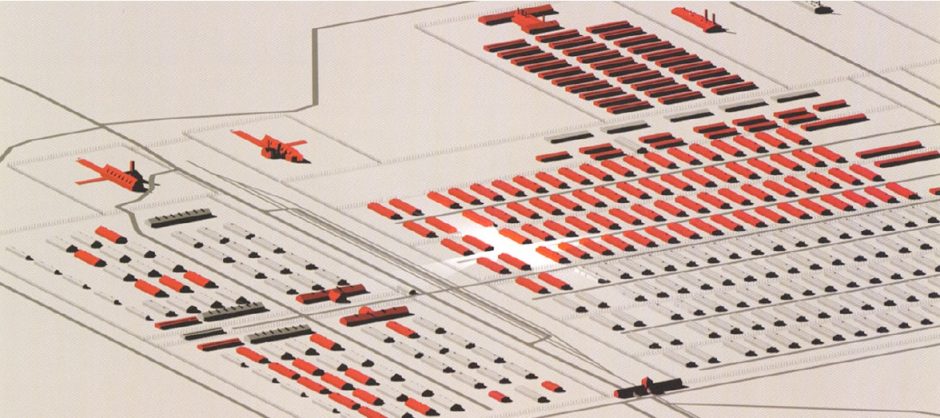January 17-18, 2019
Nasher Museum of Art and Wired! Lab for Digital Art History & Visual Culture
Duke University
Co-Sponsored by The Department of Art, Art History & Visual Studies (Duke University) and The Jack, Joseph and Morton Mandel Center for Advanced Holocaust Studies (U.S. Holocaust Memorial Museum)
Duke Sponsors: Nasher Museum of Art; Office of the Dean, Trinity College of Arts & Sciences, Humanities Division; Duke Research Computing; John Hope Franklin Humanities Institute; Center for Jewish Studies
The Holocaust was an historical event that has profoundly shaped our understanding of modern society and has left behind a vast historical record. In the last decade, more and more of that record has become (and is becoming) digitally available. Such well known sources as the International Tracing Service documents or the 54,000+ testimonies of the USC Shoah Foundation Visual History Archive have been complemented by many smaller digital datasets of evidence both personal and bureaucratic. The availability of so much material holds the potential for scholars to develop more complex understanding of the genocide’s history as well as the experience of victims. A growing community of scholars has begun to use digital sources and methods, especially to analyze historical problems related to specific Holocaust spaces. From the synagogue to the street, from the ghetto to the camp, from sites of liberation to the court room, the Holocaust and its history have occurred in spaces of so great a number that only digital methods are capable of analyzing them in all of their complexity.
This public conference (Nasher Museum) and non-public expert workshop (Wired! Lab) seek to reflect synthetically on the first decade of historical and spatial analysis of the Holocaust through the use of digital methods. What interpretive problems are illuminated by different physical, textual, and visual sources, such as physical killing sites, bureaucratic documents and postwar survivor interview transcripts, photographs and maps? What digital methods can manage and integrate large volumes of diverse historical evidence that has previously been used in depth mainly in locally focused case studies? How can we use the iterative process of computational analysis as a positive mode of inquiry to ask more probing and complex questions? And what new insights could computational approaches yield?
In addition to presentations on how digital methods have been used in Holocaust Studies (with beneficial and problematic results), the conference and workshop seek to broaden the scope and impact of such a discussion by opening up a dialogue with digital historians and visualization experts from a broader range of fields. The conference on Day One will include four 90-minute sessions that juxtapose large-scale data issues in the Holocaust with related large-scale visualization questions nevertheless drawn from outside Holocaust Studies. The two presentations will then be mediated by a response before opening up to audience input. Conference papers and discussion will be addressed to both the Holocaust Studies community and scholars in allied subfields and other disciplines who are interested in digital humanities, visualization, and geographic analysis.
The expert workshop on Day 2, not open to the general public, will involve members of the Holocaust Geographies Collaborative and four invited visualization experts who have experience working with complex historical or related materials. By engaging with these experts, we seek to generate new ideas that will make the most of what visualization and spatio-temporal technologies have to offer, while ensuring that the conversation remains sensitive to the complexity of particular historical events and historical evidence. We expect the workshop to focus specifically on the challenges of integrating qualitative and quantitative data, how to convey emotion and movement visually in order to tell visual spatial stories about the Holocaust, and how to situate individuals’ limited awareness and experiences in relation to much wider historical events.
